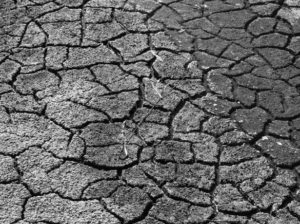From Medical Xpress: “New research from the University of Georgia reveals that exposure to famine during specific moments in early life is associated with depression later in life.
‘Nutrition deprivation and stress are important risk factors for depression particularly during periods in early life,’ said lead author Changwei Li, assistant professor of epidemiology and biostatistics at UGA’s College of Public Health.”















